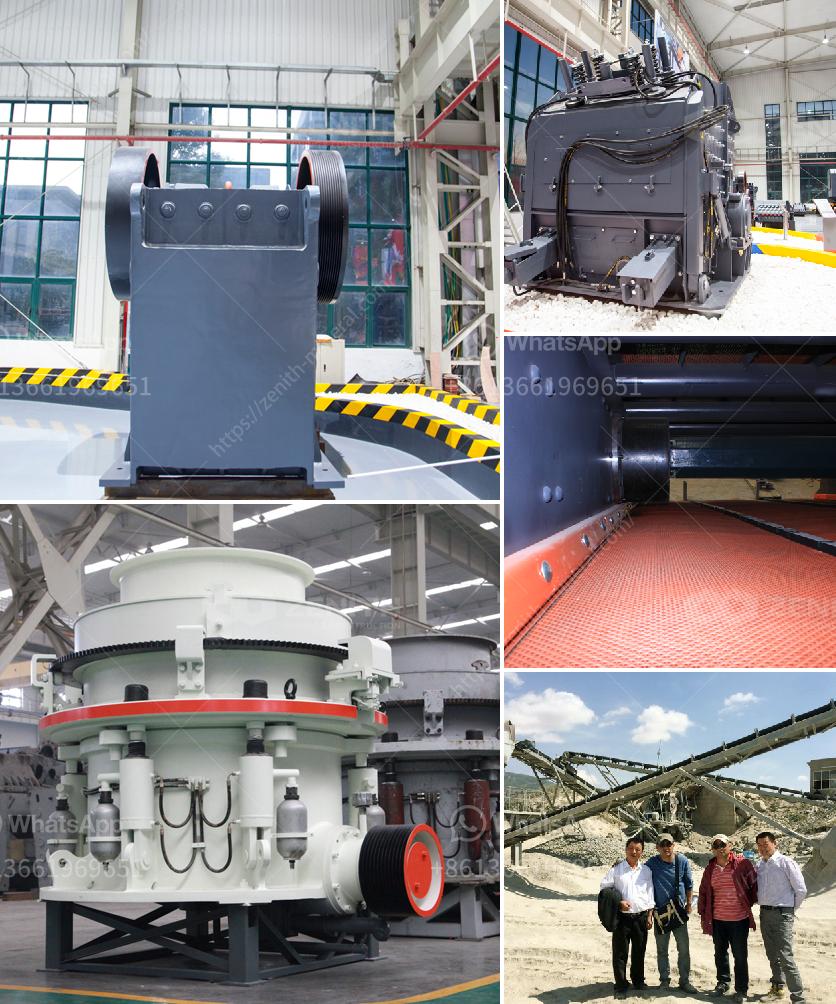Starting a quarry factory in Nigeria involves several vital steps and adherence to legal and industry-specific requirements. Below is a guided outline on how to get started:
1. Research and Feasibility Study:
- Market Analysis: Assess the demand for quarry products in your target market.
- Site Selection: Identify a suitable location with abundant quarry material like granite, limestone, or gravel.
- Feasibility Study: Conduct a thorough feasibility study to evaluate the costs, profits, business viability, environmental impact, and local regulations.
2. Business Plan:
- Write a comprehensive business plan outlining your business’s mission, vision, products, marketing strategy, financial projections, and operational plan.
3. Legal Requirements:
- Company Registration: Register your business name with the Corporate Affairs Commission (CAC) in Nigeria.
- Mining License: Obtain a mining license or lease from the Federal Ministry of Mines and Steel Development (MMSD).
- Environmental Impact Assessment (EIA): Conduct an EIA and get approval from the Nigerian Environmental Standards and Regulations Enforcement Agency (NESREA).
4. Financing:
- Identify and secure funding options, such as personal savings, loans, or investment from venture capitalists or angel investors.
- Develop a plan for managing finances and accounting practices.
5. Procure Equipment:
- Purchase or lease the necessary machinery and equipment, including crushers, loaders, excavators, conveyor belts, and safety gear.
- Ensure the equipment meets industry standards and is correctly installed.
6. Staffing and Training:
- Recruit qualified personnel like quarry engineers, machine operators, and administrative staff.
- Provide comprehensive training to ensure safety and efficiency in operations.
7. Establish Supply Chain and Logistics:
- Develop relationships with suppliers and distributors.
- Implement a logistical plan for the efficient movement of materials and products.
8. Marketing and Sales Strategy:
- Develop a marketing strategy to attract customers by highlighting the quality and reliability of your products.
- Network with construction companies, builders, and other potential buyers.
9. Operations and Compliance:
- Set up operational structures such as production schedules, quality control measures, and maintenance routines.
- Ensure ongoing compliance with health, safety, and environmental regulations.
10. Continuous Improvement:
- Regularly review and refine your business processes.
- Stay updated with industry trends and technological advancements to maintain competitiveness.
Conclusion
Starting a quarry factory in Nigeria requires meticulous planning, adequate funding, compliance with regulatory requirements, and a robust operational strategy. Ensuring legal compliance and maintaining high standards in production will be crucial to your success in the Nigerian quarry industry.


